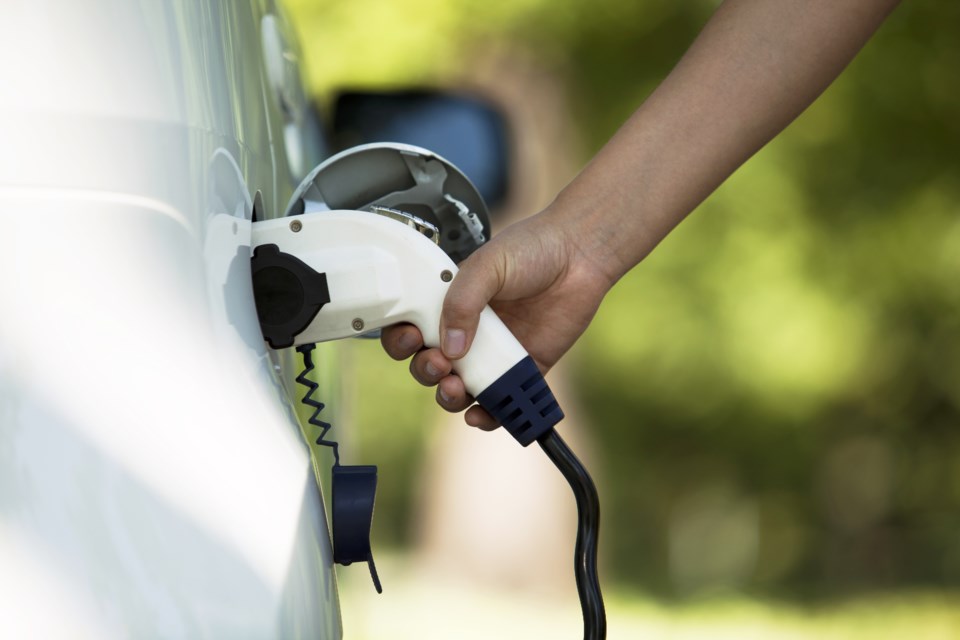Are electric vehicles really more expensive? Usually yes, if you just look at the sticker price.
But, in reality, since most of us in Canada keep our new vehicles between eight and nine years, according to automotive analyst Dennis DesRosiers, the purchase price is only part of the cost.
Two reports provide us with a picture of the total cost of ownership (TCO) differences between electric vehicles (EV) and internal combustion engine (ICE) vehicles.
The First Report
Corporate Knights, in April 2019, compared a couple of EVs with comparable ICE vehicles.
Their findings regarding TCO included making a number of reasonable assumptions: They looked at gasoline and electricity prices, Km per year driven, assumed the vehicle is kept 10 years, considered financing costs, calculated maintenance costs as per Canada Drives, there were no rebates or subsidies included.
The other assumptions and complete report is here.
Two sets of vehicles were compared. The first pair was a 2019 Honda Civic LX gas and a 2019 Nissan Leaf S EV. After all the calculations were done even though the Nissan was $13,028 more to buy, at the end of 10 years the Nissan made up the difference and then some – it was $2,205 cheaper than the Honda.
In another comparison of two small SUVs, a Toyota RAV4 gas and Hyundai Kona EV, it was found that the $11,909 premium the purchaser would pay when buying the Kona disappeared and, at the end of 10 years, the Kona owner was ahead by $4,985. That makes for an annual savings of nearly $1,500 when buying the Kona
The Second Study
Published in the Journal, Applied Energy, in January 2018, this analysis compared real-time results from a range of gas, diesel, battery electric and hybrid vehicles from 1997-2015 in the U.S., UK and Japan.
The study compared the TCO of the Toyota Prius, Prius Plug-in, and Nissan LEAF to the Toyota Corolla in Japan, California, and Texas, and to the Ford Focus in the UK.
This analysis found that even though the electric vehicle technologies were in early development, with government incentives EVs were at cost parity with gas and diesel vehicles.
The study calculated TCO using an average annual mileage for each region, and an average annual maintenance cost. “Costs were found to be cheaper for electric vehicles due to less wear on the brakes and fewer moving parts,” write the study’s authors.
Overall Conclusion
In 2019, electric vehicles are relatively cheaper than even in 2015 due to lowered cost of batteries and so, even without considering incentives, the Corporate Knights report seems valid.
Each year, the EVs savings over ICE vehicles will grow and simple economics should be helping you decide in favour of buying an EV.
When you consider the other clear benefits of an EV such as few, if any climate altering emissions (Ontario’s power generation is virtually fossil free) and better performance, then the decision to go with the future is even clearer.
— Contributed by Stan Mathewson, a proud owner of a Tesla Model 3 and chair of Sustainable Orillia



